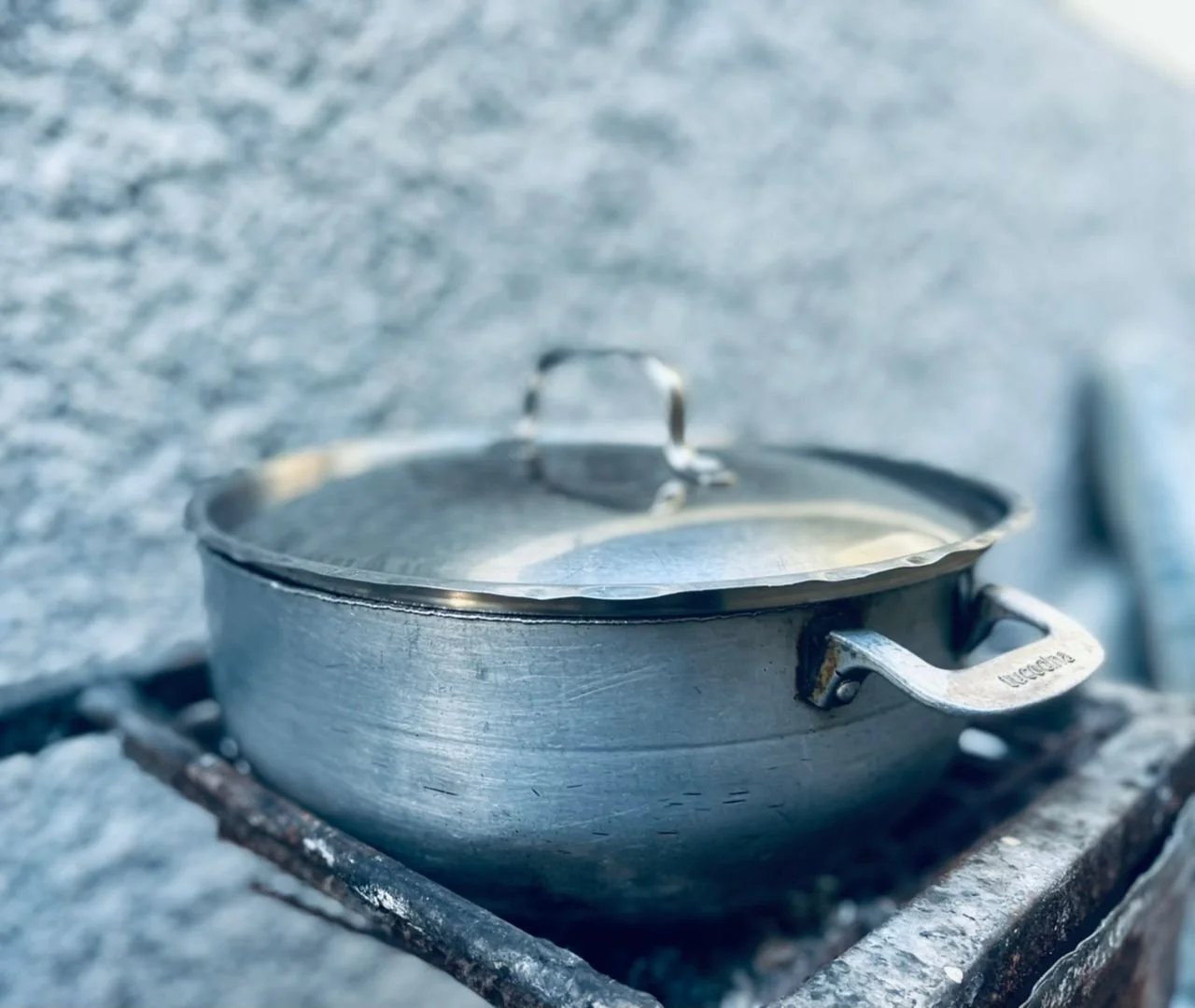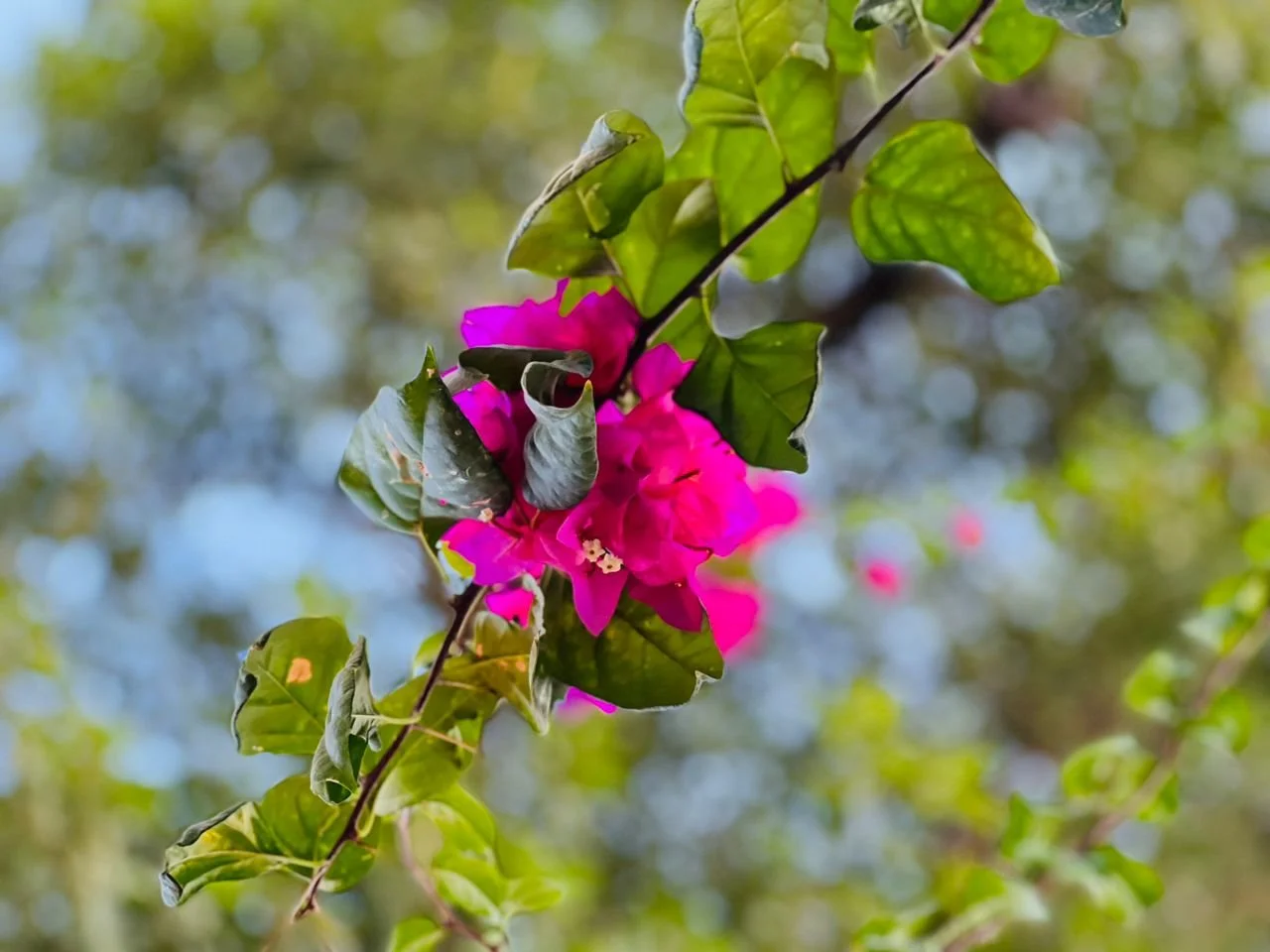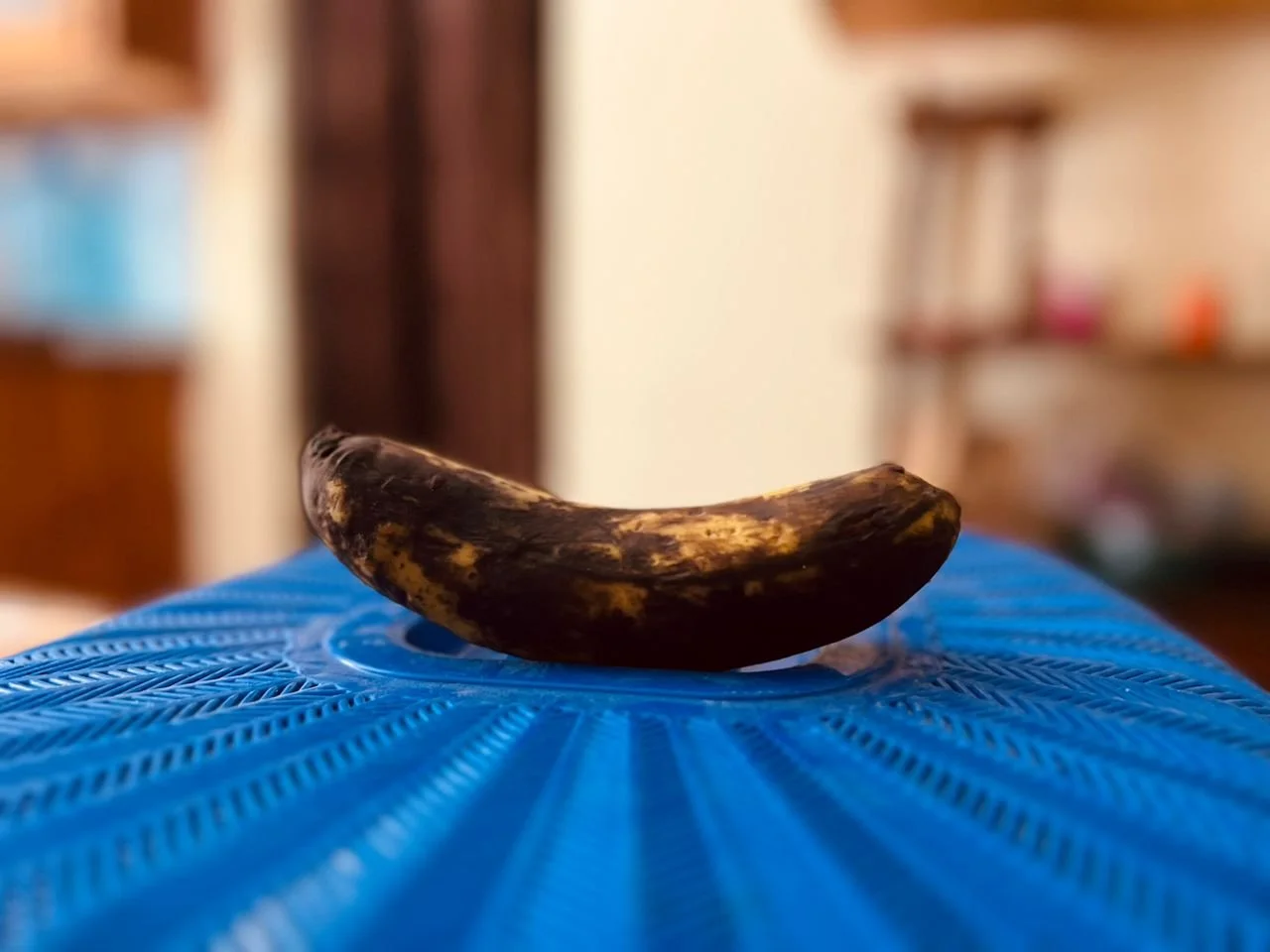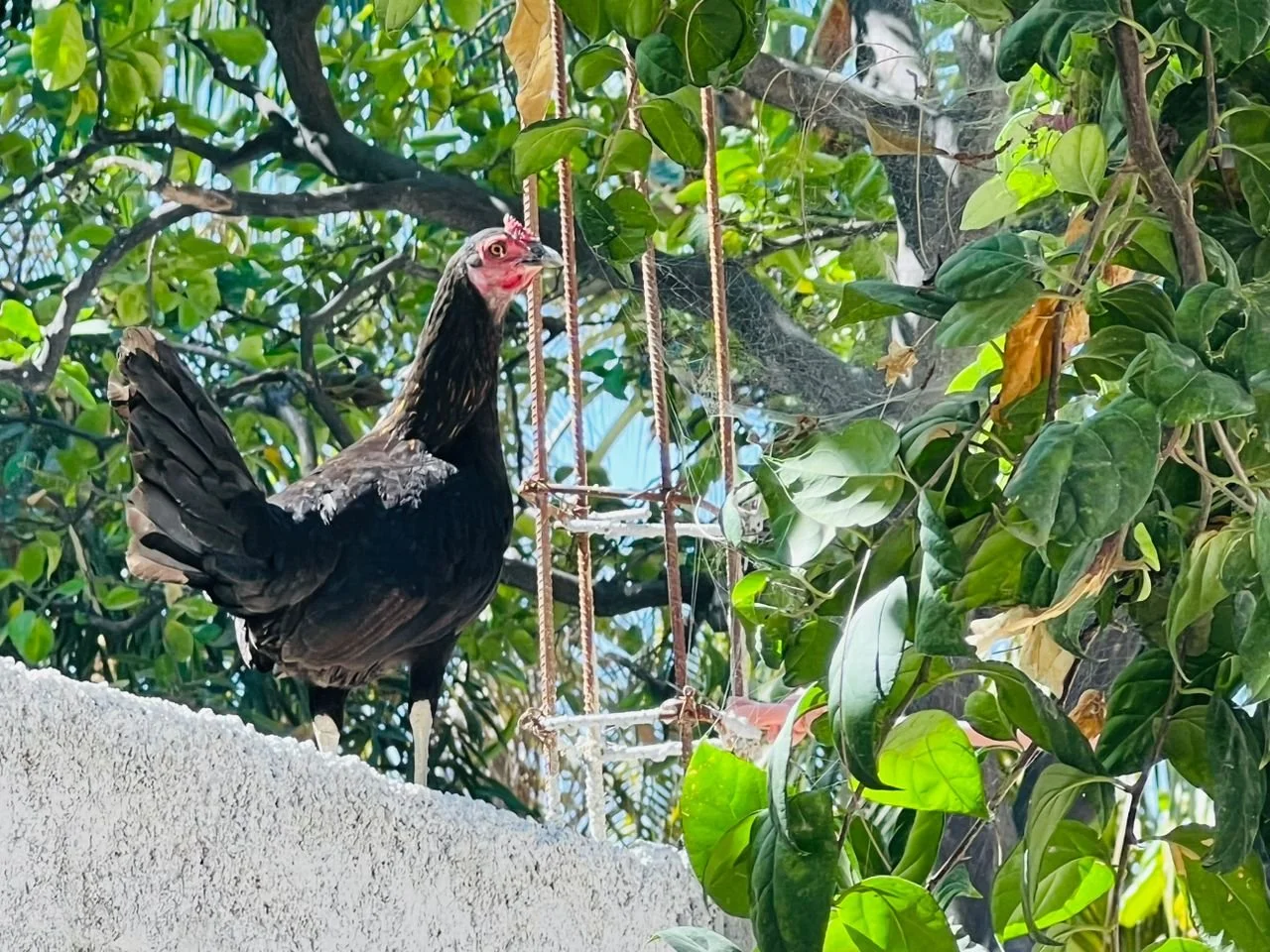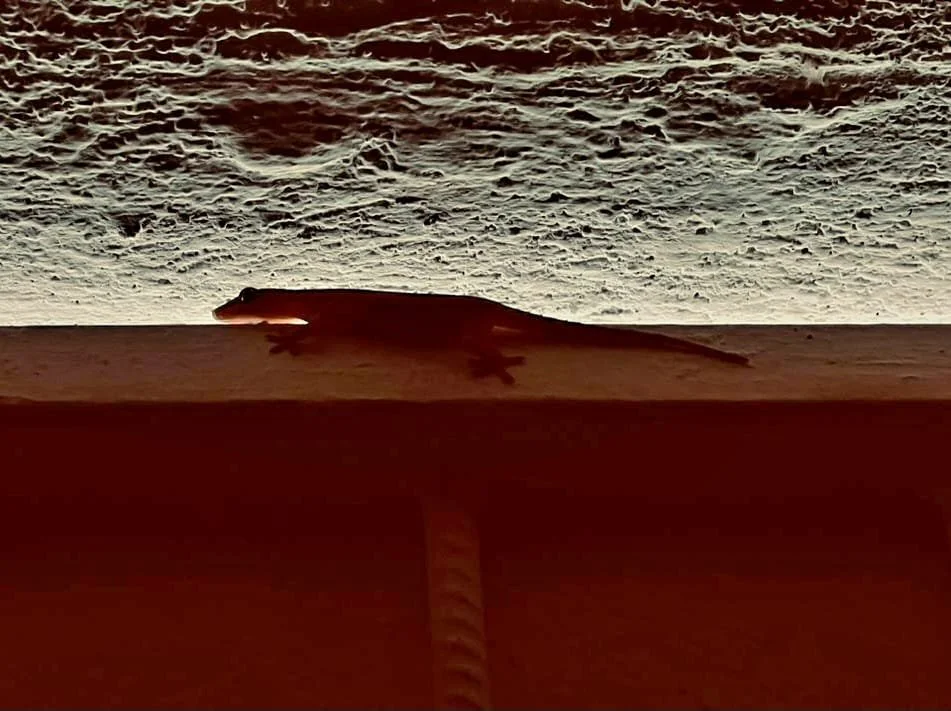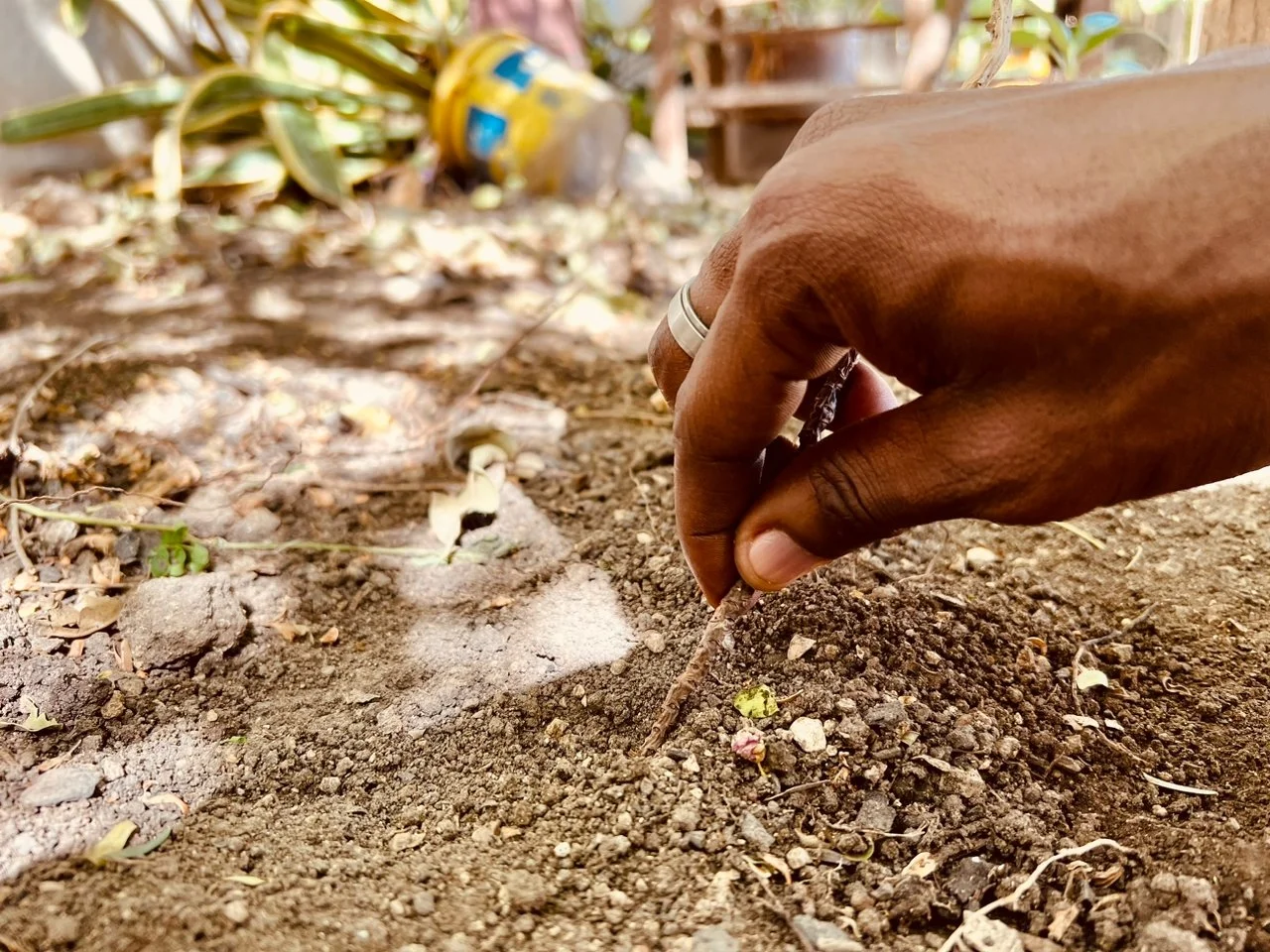Se lè ‘pa bon’ pa la pou w wè kisa ‘pa bon’ te itil.
Literal translation for this proverb would be “when ‘not good’ is not available, you see its value”.
In Haitian Creole, we use the word "bon" meaning "good" as a generic word. We use it to define everything that fits, that is useful, normal, alright, perfect… and its contrary ‘pa bon’ meaning "not good" to express the opposite of everything that is positive, normal, needed etc.
In society, abundance, habit and the availability of people and things makes us think they are ‘pa bon’ neglecting/ ignoring their values. But when they are not available anymore, we tend to notice the area where they had fit is empty. Because someone is always available, we tend to treat him/her badly or neglect him/her. Also when we always have something available we tend not to value it or even feel embarrassed with it. But when we do not have them any more, we feel how important they were and how blessed we were having them.
Haitian people say this proverb when they are in need of someone or something that was neglected in their lives. Either they got rid of it/him/her or they were mean or cruel with him/her/it. They also use this proverb as a warning to people that are taking for granted what they have at their disposal. When they do not have it/him/her anymore, they will feel its/his/her value. For example, mistreating somebody that are kind and/or available to them, or misusing/wasting something they have.
Let’s value what we have and celebrate who we have in our lives because they are blessings from God. Let's not wait until their absence make us realize their value.

